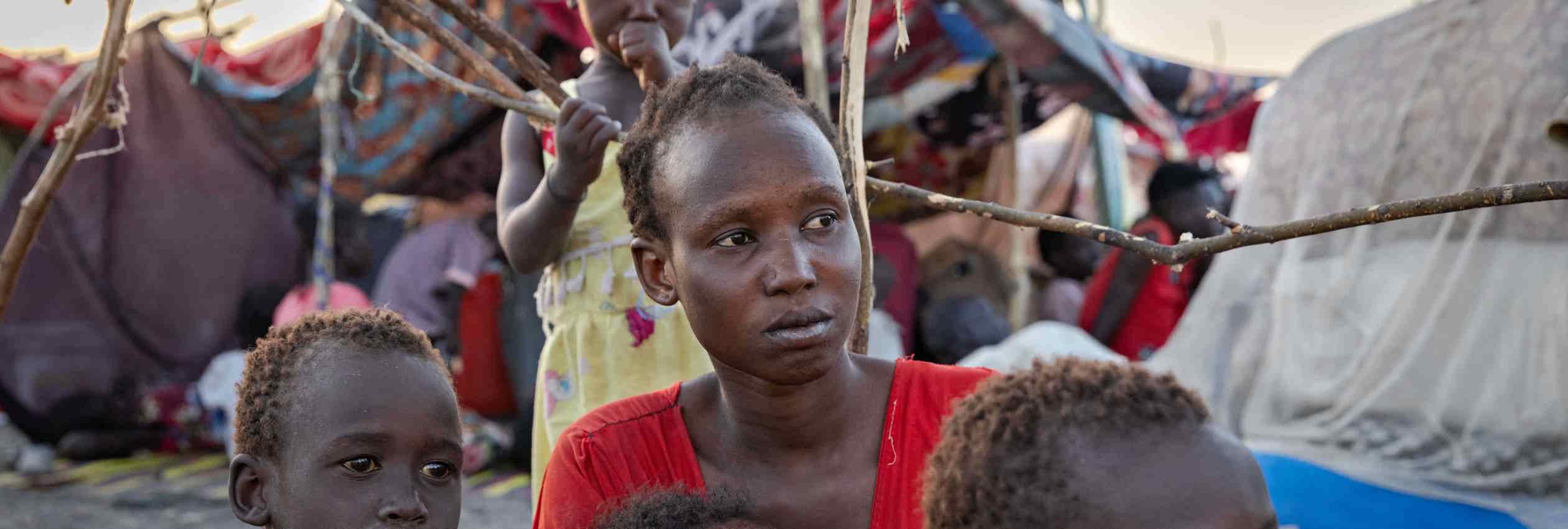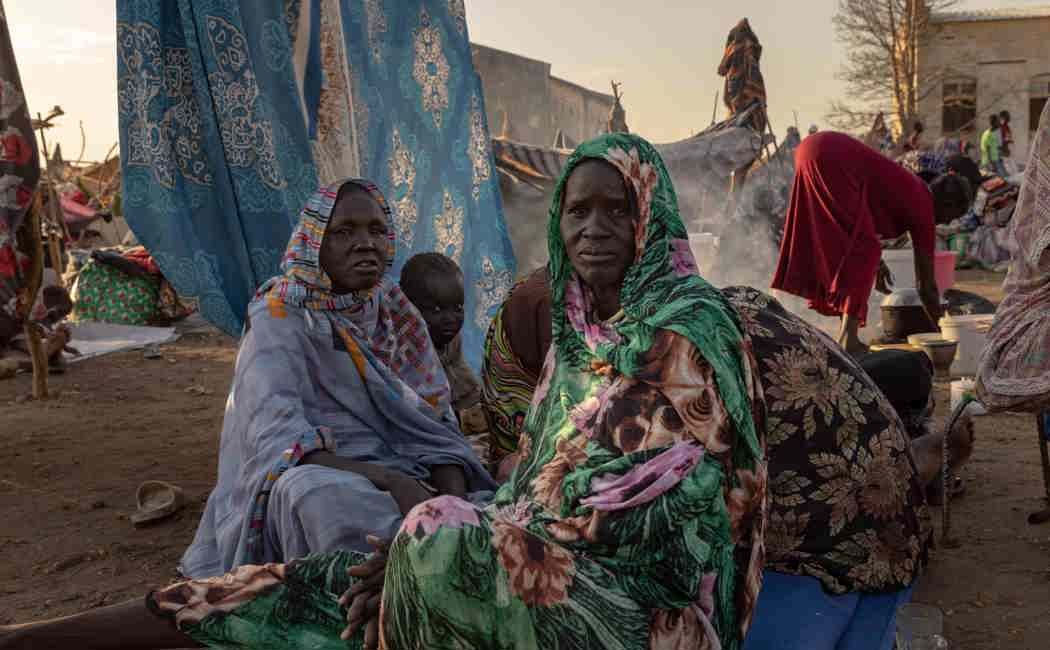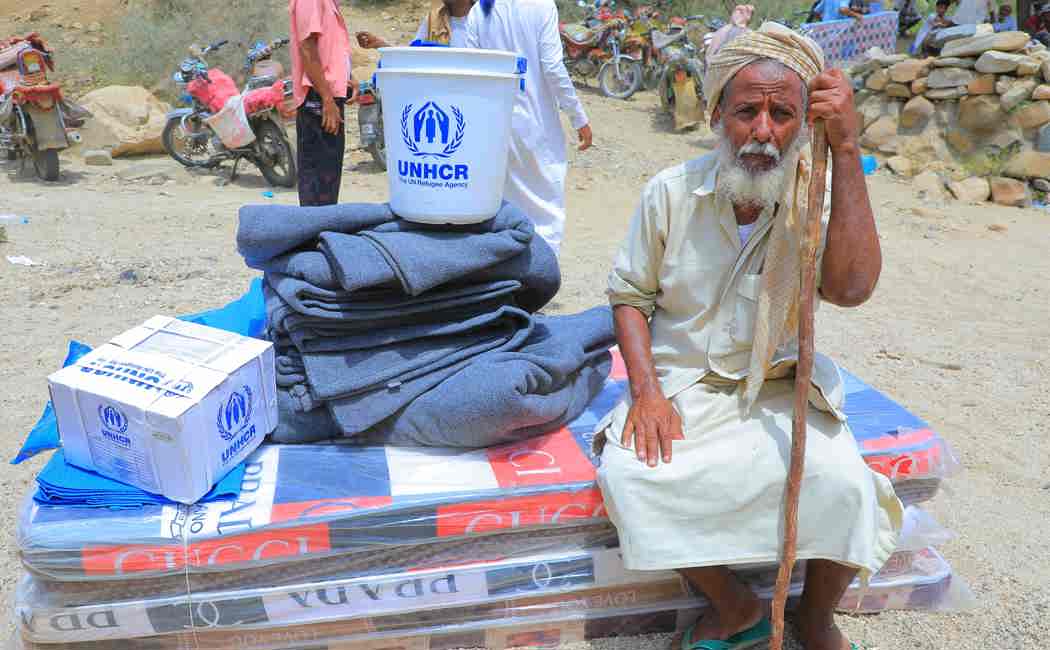UNHCR teams on the ground are doing everything they can. But there are so many more people like Abdullah who need immediate help.
Camps for displaced families are overcrowded, the health system is crumbling, and children are missing out on education. Hunger is also rife. More than six million people are facing extreme food shortages and acute malnutrition – many of them children under five.
In Yemen, children’s lives are at risk every day – from conflict, from landmines, and from hunger and disease. They are also at risk of being recruited into the conflict itself.
Bangladesh
After fleeing violence in Myanmar, almost one million Rohingya refugees are living in overcrowded camps in Cox’s Bazar in neighbouring Bangladesh.
The situation is dire. In the cramped camps, communities are at high risk of diseases such as cholera and scabies. Children are unable to get a formal education in Bangladesh, while their parents don’t have work rights.
Food rations were cut twice in the last year due to lack of funding. This means refugees have just $12 per month to spend on food – or 40 cents per day.
"I had to reduce the portion of my children's meals, but for how long?" says Morinja, a single mother of three. "There is not enough food available for my family and I really do not know how we will survive.
"Right now, our fate is not in our hands. We are unable to go back home, we have no freedom of movement here and we are hungry every day."
UNHCR and its partners are providing emergency assistance and psychological support to refugees like Morjina. But after spending years in exile, they need your continued support.
Don't look away
No refugee should have to suffer in silence. Your generous donation can save lives and give hope to displaced people in the world’s forgotten crises. With your support, UNHCR can provide:
- Emergency survival kits with plastic sheeting, blankets, sleeping mats, mosquito nets, solar lamps and jerry cans
- Cash assistance to help refugee families buy essentials such as food, medicine and clothing
- Latrines and handwashing stations in camps for refugees and displaced people.
Refugees in silent emergencies are counting on you. Please give generously to let vulnerable communities know they haven’t been forgotten.
Donate now

















 Worldwide
Worldwide

